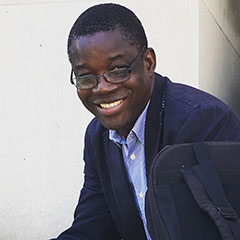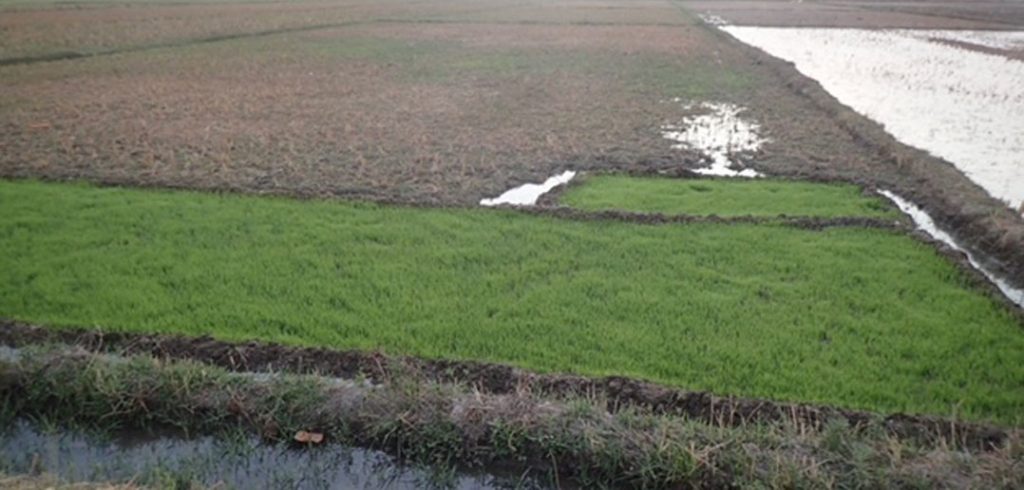Funded through a nearly $25,000 grant awarded to Dougnon by the Wenner-Gren Foundation in September 2023, the Water and Migration Project is a comprehensive ethnographic research program that analyzes the effects of post-drought migration patterns on housing, community, and livelihoods across three villages in Mali.
“Many scholars work on water and migration, but mostly as a future scenario, Dougnon said. “I’m looking at a group of people who really, collectively, left their region and settled in new places … this is concrete data.”
The Sahel region of western Africa, where Mali is located, suffered two notable periods of drought in 1973 and 1984. This devastated the local agrarian economy and displaced its inhabitants, leading to mass migration.
The project aims to collect data from those impacted communities through first-hand interviews, field observations, and archival records from entities such as local churches and nongovernmental organizations (NGOs).

Working for the Marginalized
When Dougnon reached out to organizations for data on these migratory communities, those institutions weren’t just willing to pitch in—they were eager.
Little information is available on the long-term effects of these droughts on mass migration, and researchers like Dougnon are working to fill a crucial gap that will hopefully lead to actionable relief efforts. Mali has continued to deal with droughts, affecting about 400,000 residents each year and reducing crop revenues by $9.5 million annually.
“I’m so proud that not only are the migrants interested in my research, but also the institutions,” Dougnon said. “The state and NGOs are interested in these results because …these [migrants] are facing challenges.”
For Dougnon, this human aspect is the key that has driven his work throughout his long career.
“All of my research has this humanitarian aspect—defending the marginalized,” Dougnon said.
Dougnon, who is currently on leave from Fordham to work on the project, has been conducting this research for the first six months of the grant. He will spend the remainder of the year compiling a report on his findings that he will present to the foundation, as well as to a workshop of Fordham community members studying comparable issues.
How Do Communities Adapt?
At Fordham, Dougnan teaches a variety of undergraduate and master’s level courses that combine his expertise in French with subjects like African society and the environment. An anthropologist by trade, Dougnon has been surveying the humanitarian effects of climate change, such as how natural resources get depleted and how that impacts internal migration, for more than 25 years.
Dougnon stressed that these small-scale examples of the effects of climate change—and how agricultural communities respond to them in real time—could provide key insights into managing potentially larger resource scarcity.
“My project wants to look at how they have been able to adapt to new places in the south of Mali,” he said. “How do they transform this landscape by bringing in technologies, social organizations, and so on?”
Dougnon hopes to use his findings to create a new, more robust project that can replicate these methods on a larger scale—ideally encompassing multiple countries in Africa.


